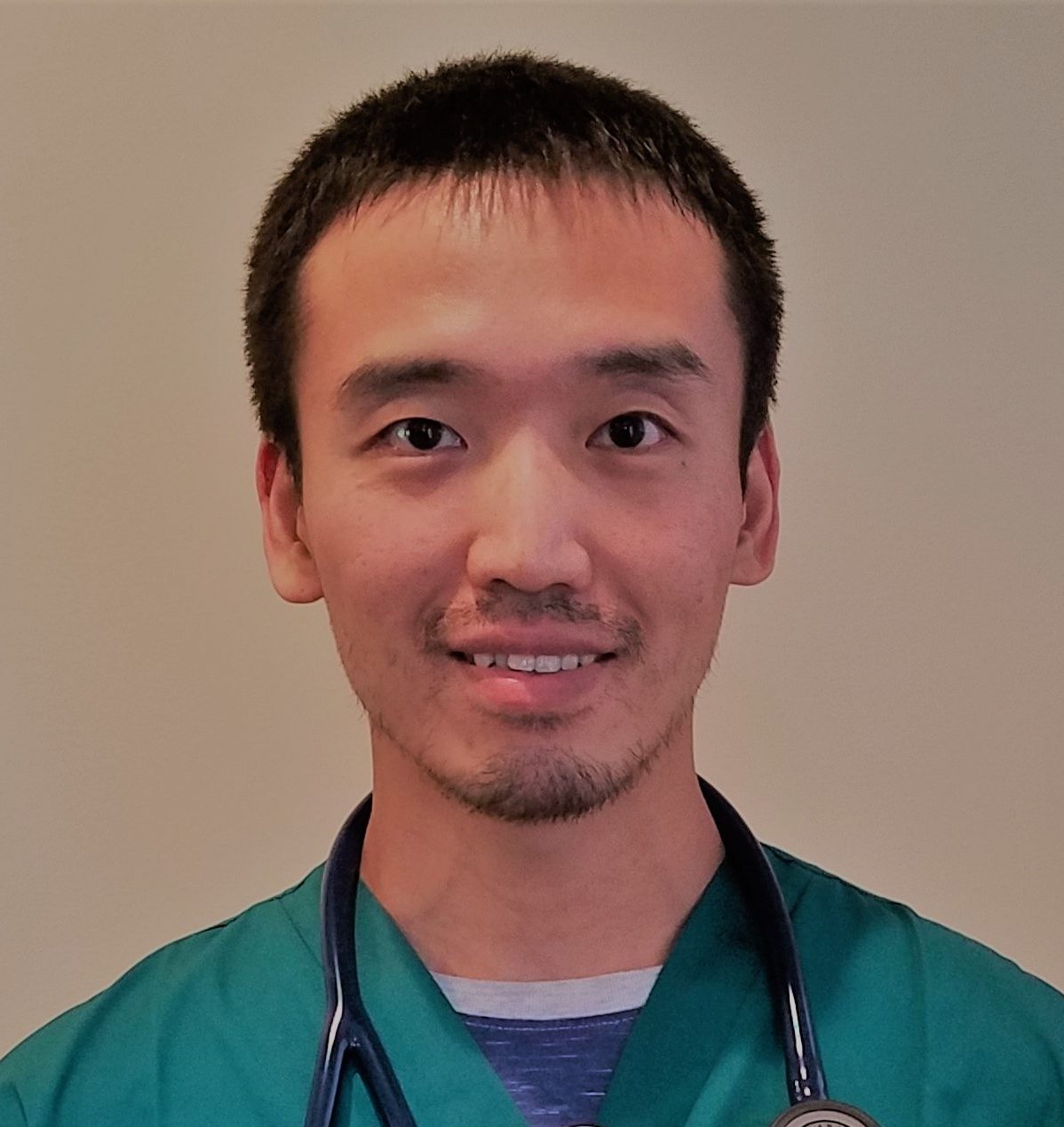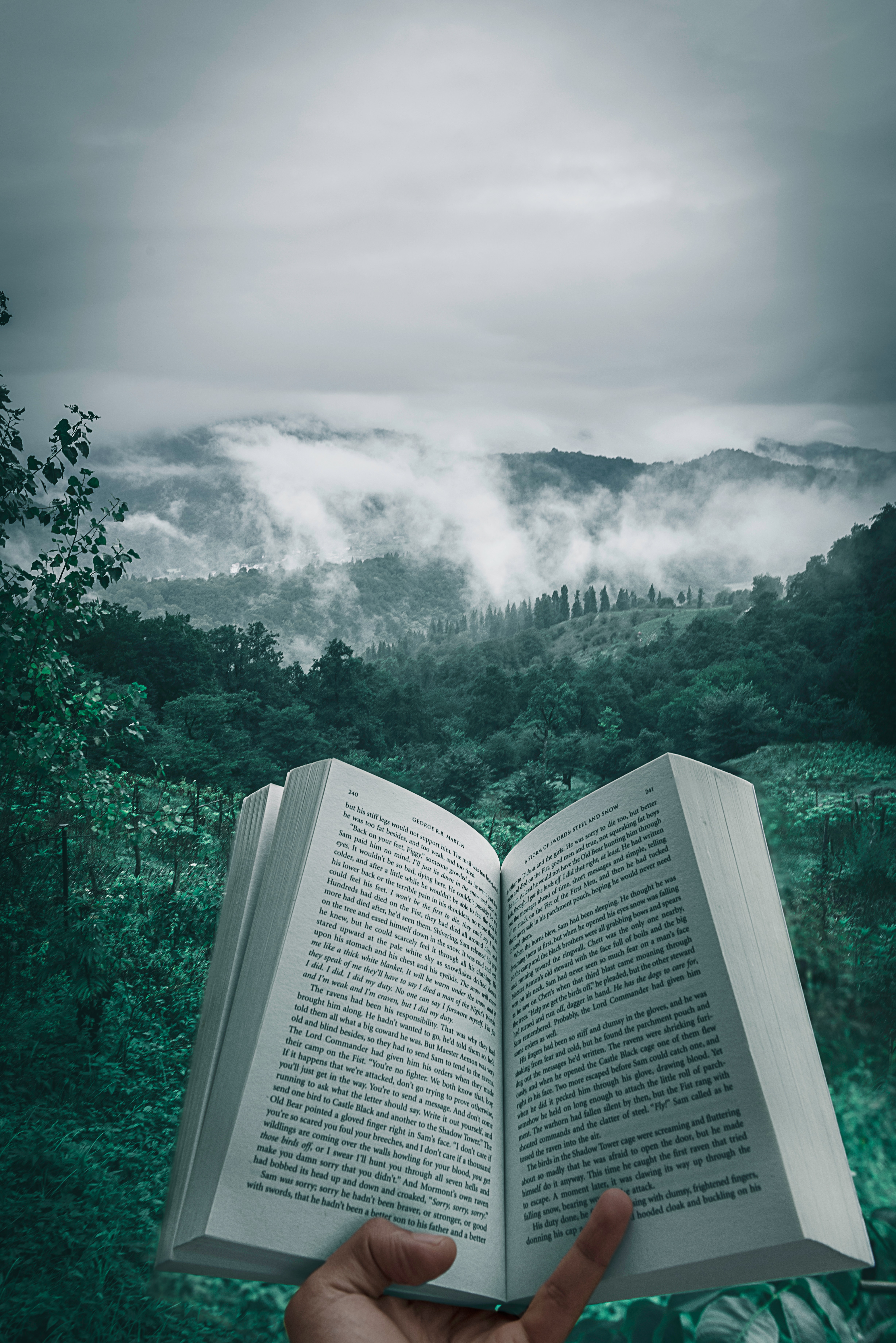What’s your favourite coping skill? Scrubbing? Reading? Meditation? Each of us have our own repertoire of coping skills which we use to help us cope better with difficult or distressing situations, whether it’s extreme boredom, an urge to self-harm, or anxiety before a class presentation. Although the seriousness of the situations and their impact may be different for each person, experience tells me that there’s a surprising overlap in what we find helpful.
In one of my volunteer roles as Crisis Counselor with Crisis Text Line, ‘99 Coping Skills’ is one of my go-to referral resources to share with texters. Think that’s a whole lot of coping skills? Not so, because most of our toolboxes are filled with a variety of coping skills, and even our favourite coping skill likely won’t be equally helpful in all situations. I recently pulled up this list to see how many of the 99 coping skills I had used myself or am still using, and the results surprised me. So I’m sharing the list with you (with added commentaries from yours truly). Here are the next 10 on the list:
22. Clean something.
Suddenly a sense of slight guilt is coming over me right now, as I try to remember when I last cleaned the bathroom. Regardless, there IS something to be said about cleaning or decluttering and its subtle but positive impact on how it makes me feel. Take cleaning the bathroom for example, never mind when I last engaged in this activity: I do remember feeling productive for doing so, albeit sweaty and out of breath from all the scrubbing, and it made me feel good about myself, somehow. So there.
23. Knit or sew.
I honestly don’t believe I’ve ever knitted, but I do recall sewing when I was little. It might even have been part of a class project or for some sort of craft class. I do know, however, that this is a favourite pastime for so many, and I can see its appeal because it engages your creativity, helps (or forces?) you to focus and take time, and you often up with something practical, like fluffy gloves, coasters, a scarf.
24. Read a good book.
I enjoy reading, although it’s been a long while since I finished reading a book from start to finish. Being in a graduate program, especially one as intense and all-consuming as a PA program, certainly isn’t super compatible with leisure reading. I do keep up with readings on the several topics that I’m truly passionate about, such as mental health and well-being (surprise!), substance use disorders, suicide prevention, and counselling and psychology. Having said this, I do believe in the power of books to transform and transport readers, and I know from experience that it can be nothing short of magical.
25. Listen to music.
I, like sooo many fellow human beings, love music. When I was a teen I was into popular music, but I like to think I’ve always been open to all types of music, which is reflected in my music collection. Has anybody heard of Triple J? I’m not sure if they’re still around, but it was my favourite radio station when I lived in Australia, because they would play so many cool music I’d never heard before, and I checked out or bought so much music thanks to them. Anyway, like a good book, good music takes me to another world, and it gives me hope and strength. That’s right, just one song can do this for me, over a span of 4 minutes.
26. Try some aromatherapy (candle, lotion, room spray).
This is one of those things I personally don’t use or practice, but I do appreciate good aromas, like that of a good bibim bowl or of sweet and sour pork. Seriously though, one of my classmates brought a tube of lotion that was apparently supposed to have certain beneficial effects (I can’t remember what those effects were, but probably relaxing or soothing, I’m sure), and I squeezed some and moisturised my hands right before a test. I honestly don’t believe the scent did anything for me or my test score, but I do believe that aromas can have a positive effect.
27. Meditate.
There’s so much written and said about meditation and its impact. I’ve been using an app called Headspace on and off for a while now, thanks to Crisis Text Line (thank you!), and I do enjoy the meditation exercises the app takes me through. At the most basic level though, I feel like meditation is taking some moments away from busy-ness and distractions to just be with myself…or just be myself, nothing more or nothing less. That works for me.
28. Go somewhere very public.
I guess this is kind of the beauty about this list. I immediately thought of a shopping centre or a movie theatre, but it can be a park, a skating rink, or anywhere there are people. Actually, I reckon a supermarket can be a great place for distract yourself, and it doesn’t have to cost anything. I like that at most supermarkets, I get to see people from all walks of life, and it can be both a humbling and entertaining experience, and almost always both.
29. Bake cookies.
If you knew me, you’d most certainly know that I don’t cook. I appreciate good food though, and admire anyone who can create something edible out of raw food ingredients. I know that a whole lot of people enjoy baking and that it’s a way for them to relax, socialise, etc. Sounds like a reasonably healthy coping skill, if you ask me!
30. Alphabetise your CDs/DVDs/books.
I’m not sure about alphabetising, but I definitely used to enjoy rearranging my CD collection when I did have them some years ago. I especially appreciated unique cover artworks, so liked to stand certain CDs so that the covers would be on display just like sculptures or paintings. I also enjoyed thinking about the creative process of the photoshoot or making of the album, while studying the lighting, symbolism, etc.
Reference
99 Coping Skills. (n.d.). Retrieved from http://www.yourlifeyourvoice.org/Pages/tip-99-coping-skills.aspx


